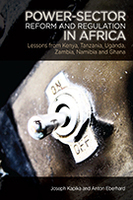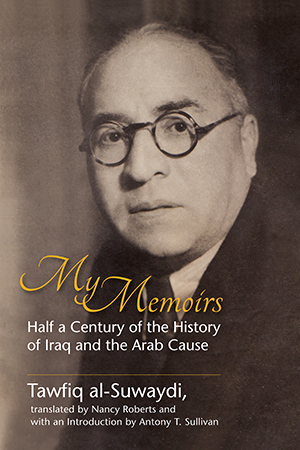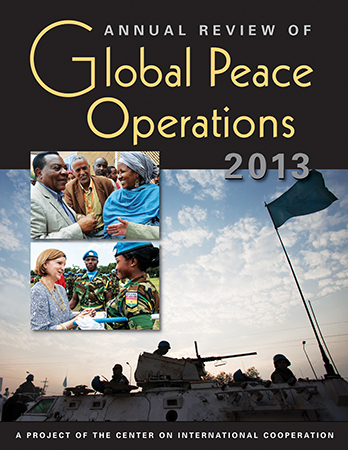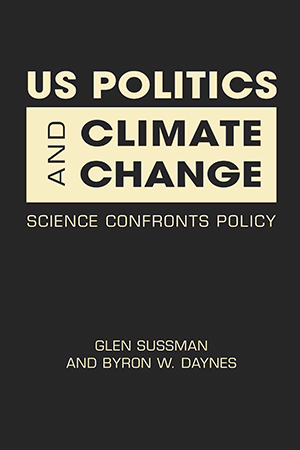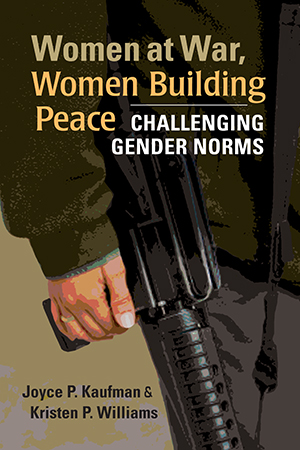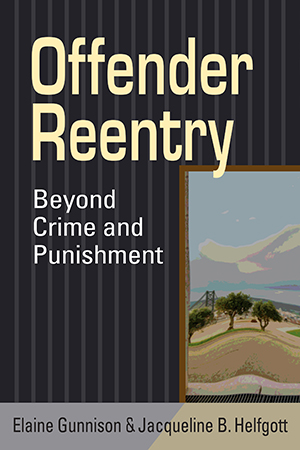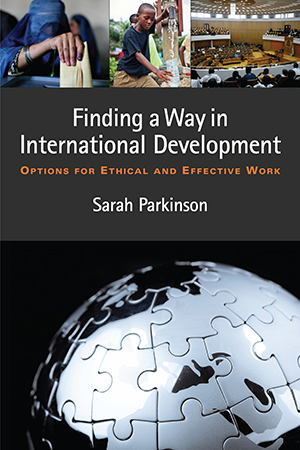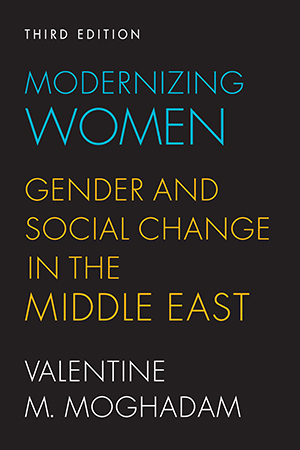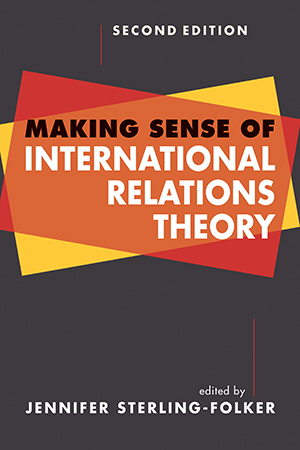BOOKS
Discusses the historical evolution of the power sector, the development of power-sector reform policy and its implementation, the entry of IPPs and emergency electric suppliers, the More >
These memoirs of the distinguished Iraqi statesman Tawfiq al-Suwaydi (1892-1968) evocatively recapture a now largely vanished Arab world—and are an eloquent reminder that Iraq was once More >
The 2013 Annual Review of Global Peace Operations provides comprehensive information on all current military and—for the first time—civilian peace operations, more than 130 More >
Was the US-led war on terror, especially the invasions of Afghanistan and Iraq, a necessary response to the September 11 terrorist attacks? What did the two invasions accomplish? How have More >
Why is climate change the subject of such vehement political rhetoric in the United States? What explains the policy deadlock that has existed for nearly two decades—and that has More >
During times of civil conflict and war, why do some women turn to militant action while others seek peaceful resolutions? And why does the answer matter? Tackling these questions in their More >
In this comprehensive exploration of the core issues surrounding offender reentry, Elaine Gunnison and Jacqueline Helfgott highlight the constant tension between policies meant to ensure More >
Despite the labyrinthine bureaucracies, frustrating inefficiencies, and disorienting complexities of the "development business," many individuals and groups find their way through More >
Valentine Moghadam's seminal study of the gendered nature of political and social processes in the Middle East and North Africa has been fully updated to reflect more than a decade of More >
What does it mean to adopt a realist, or a world systems, or a green approach to international relations? Does the plethora of "isms" have any relevance to the real world of global More >



